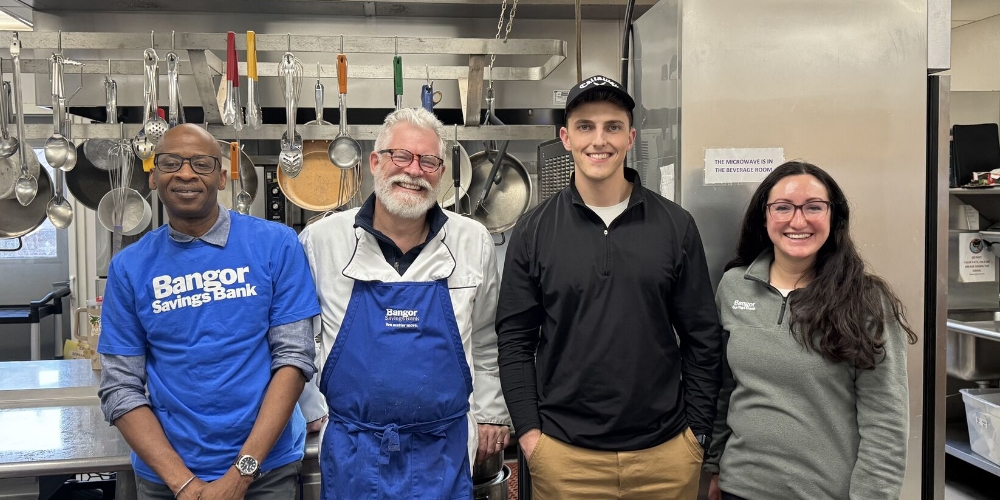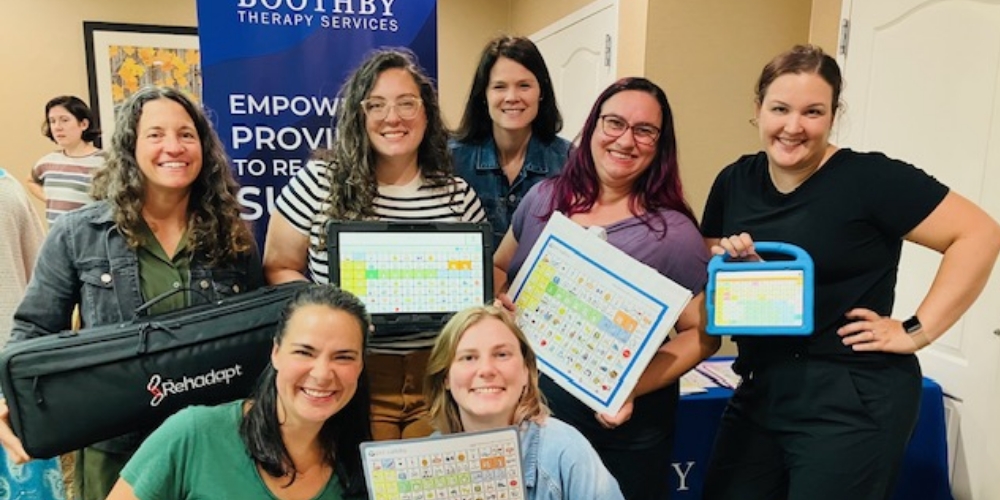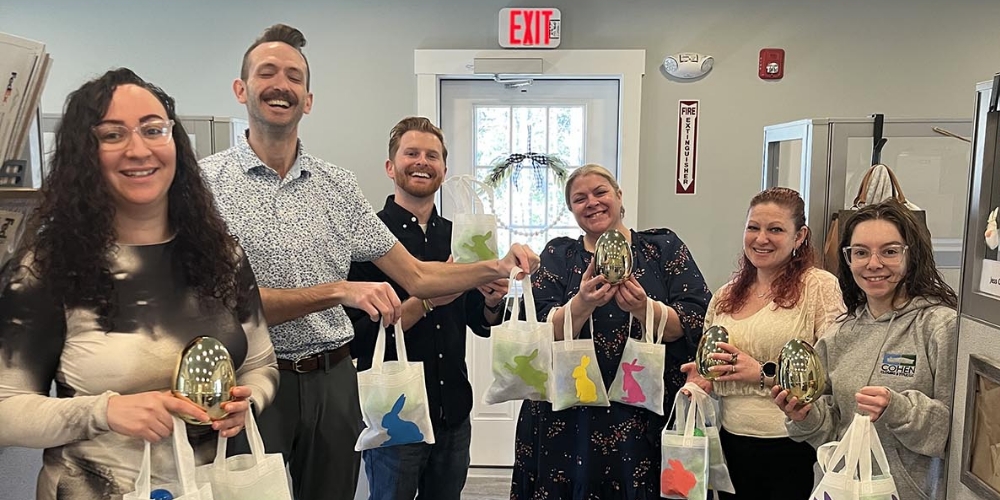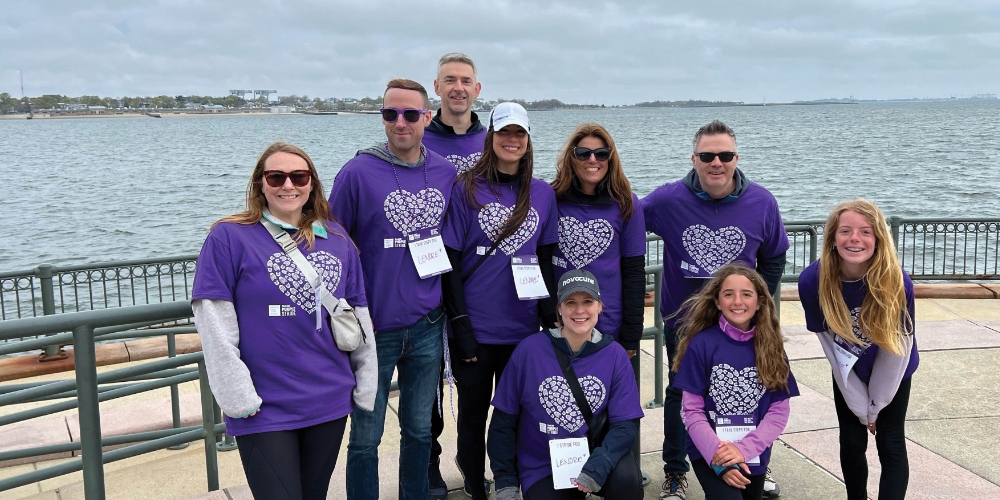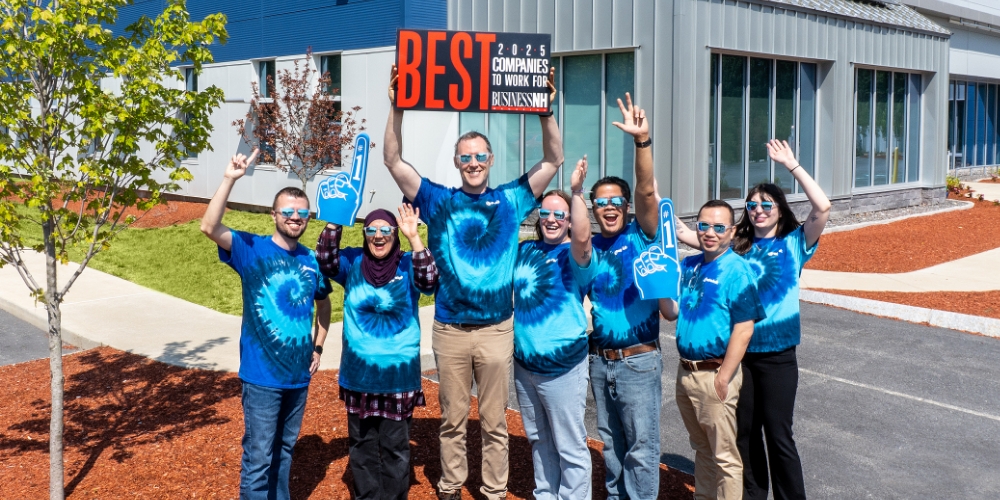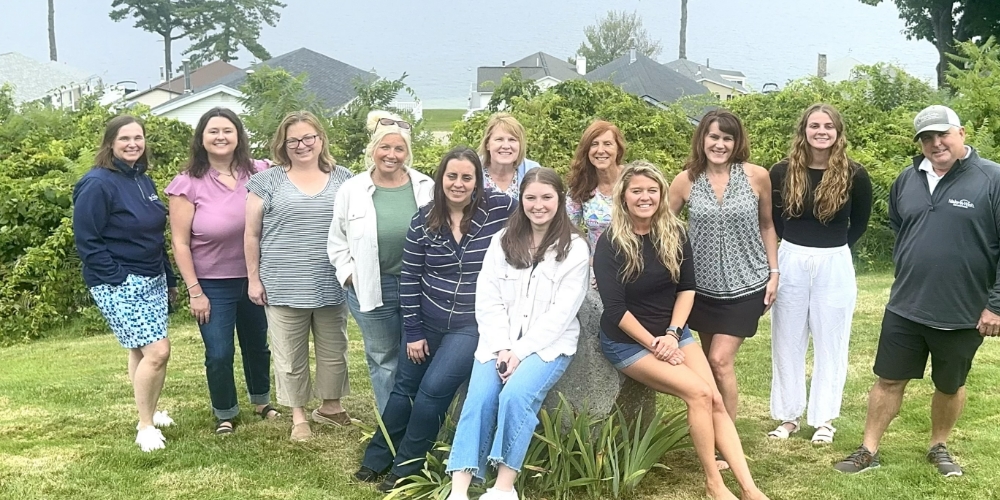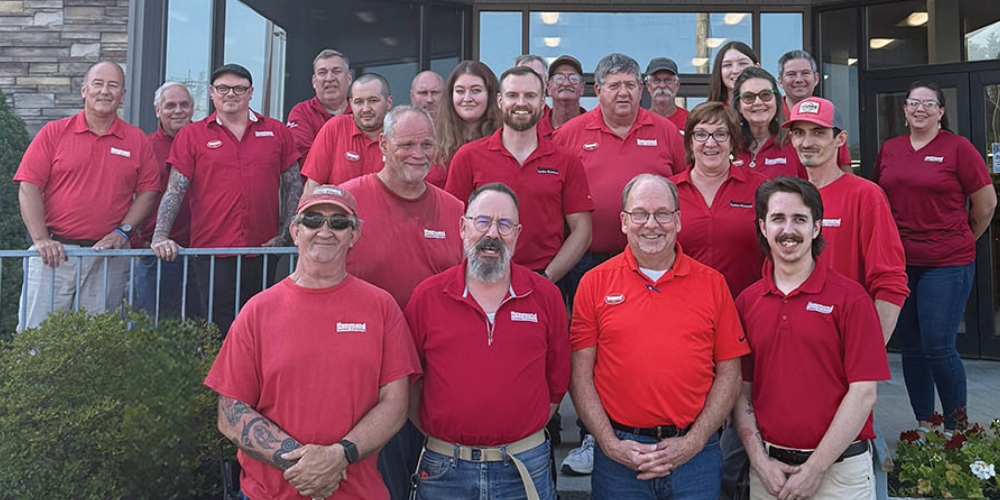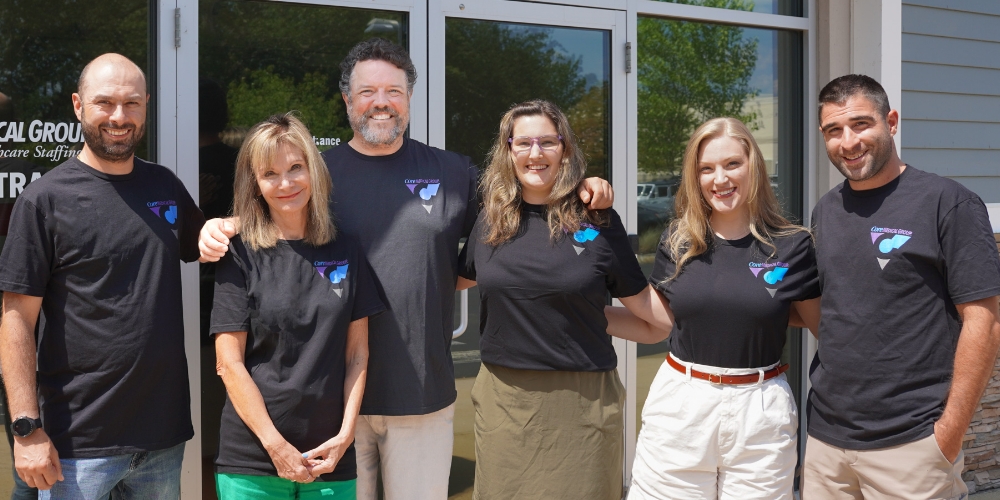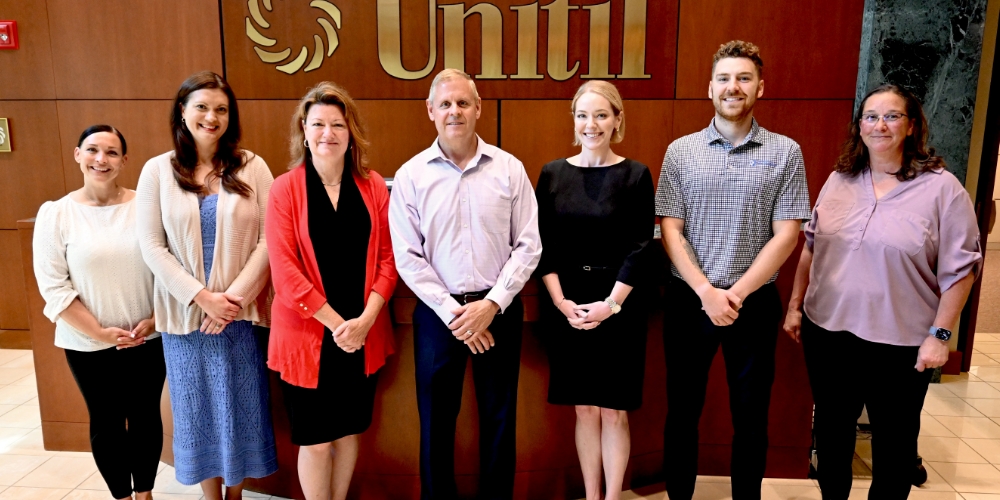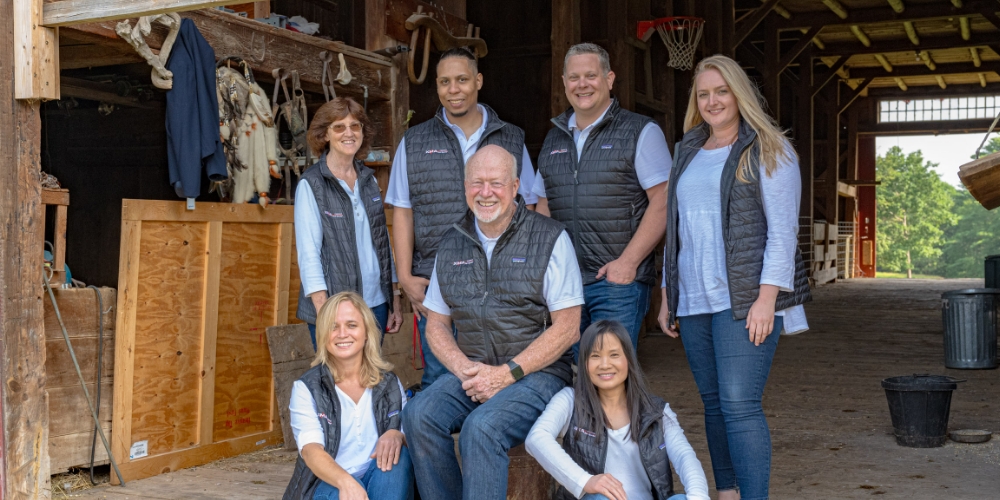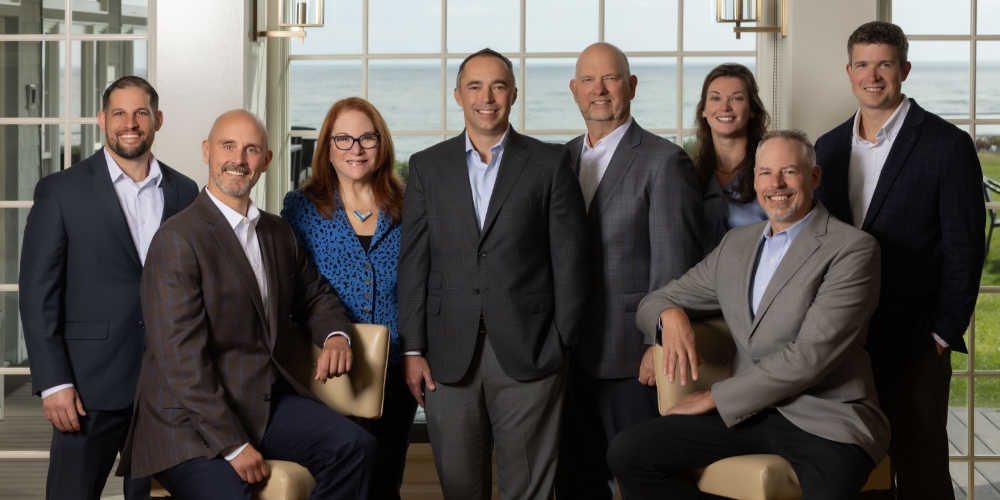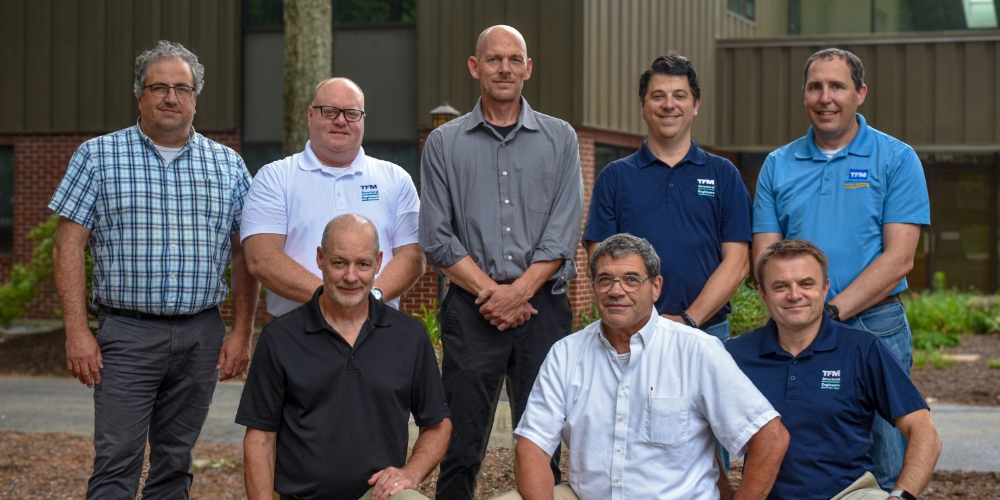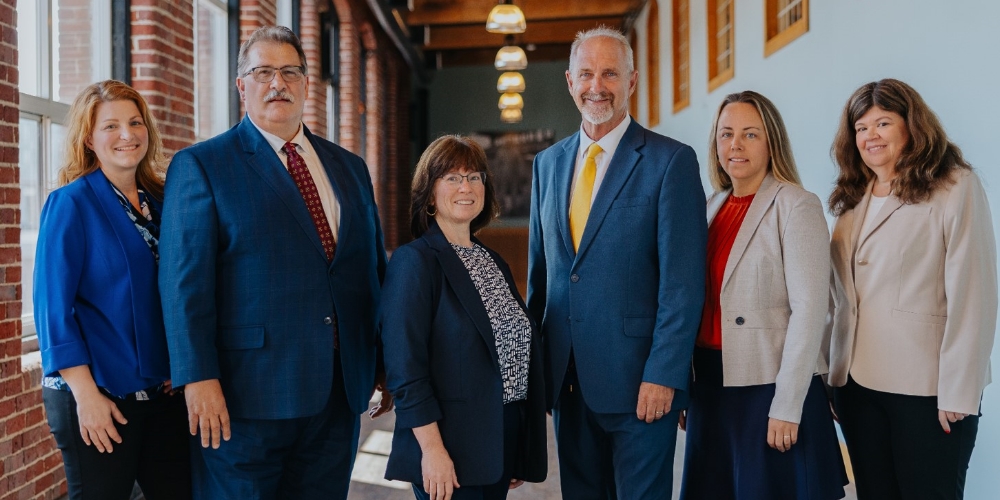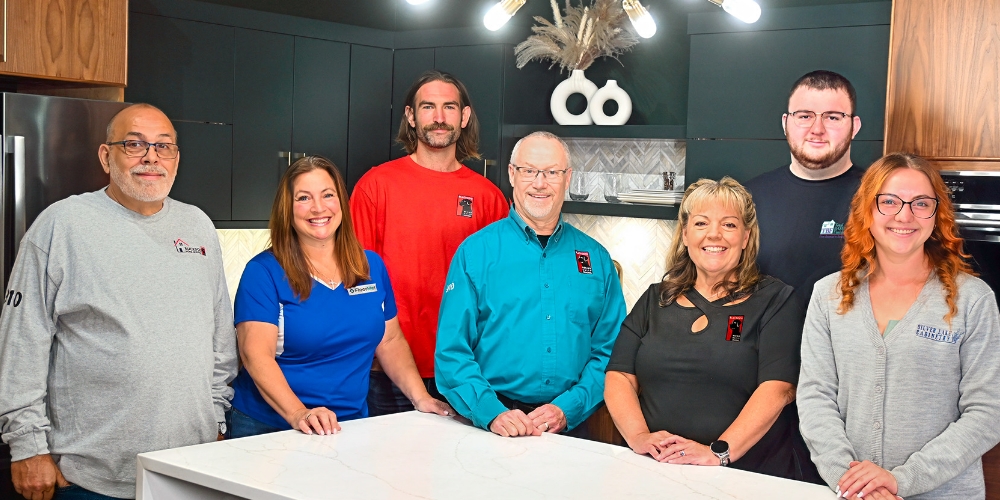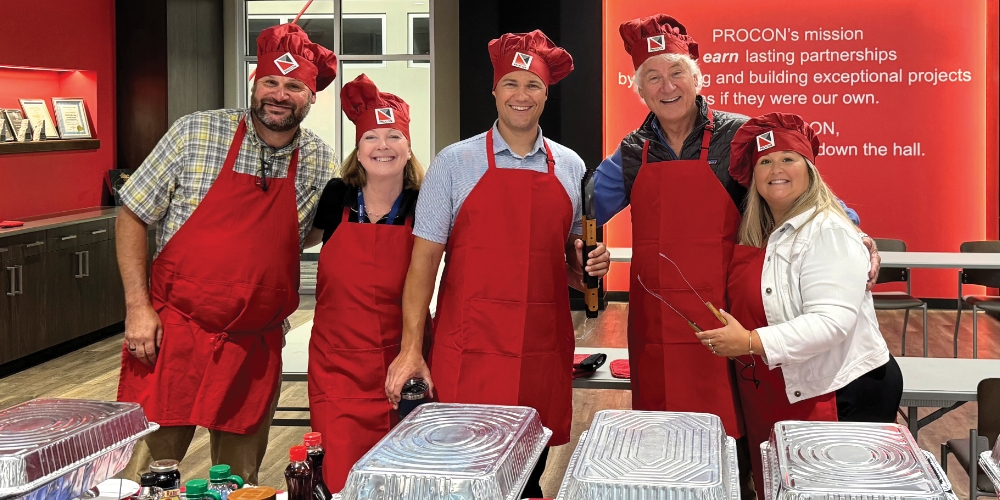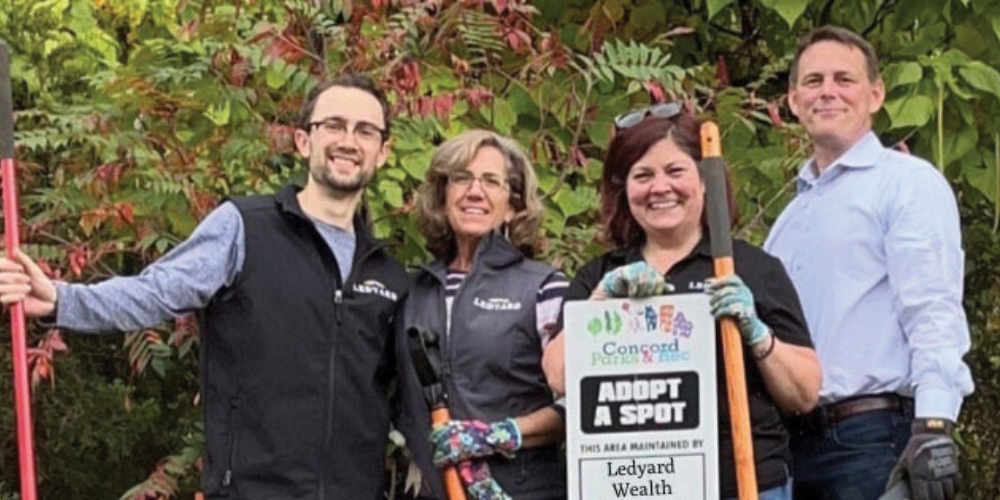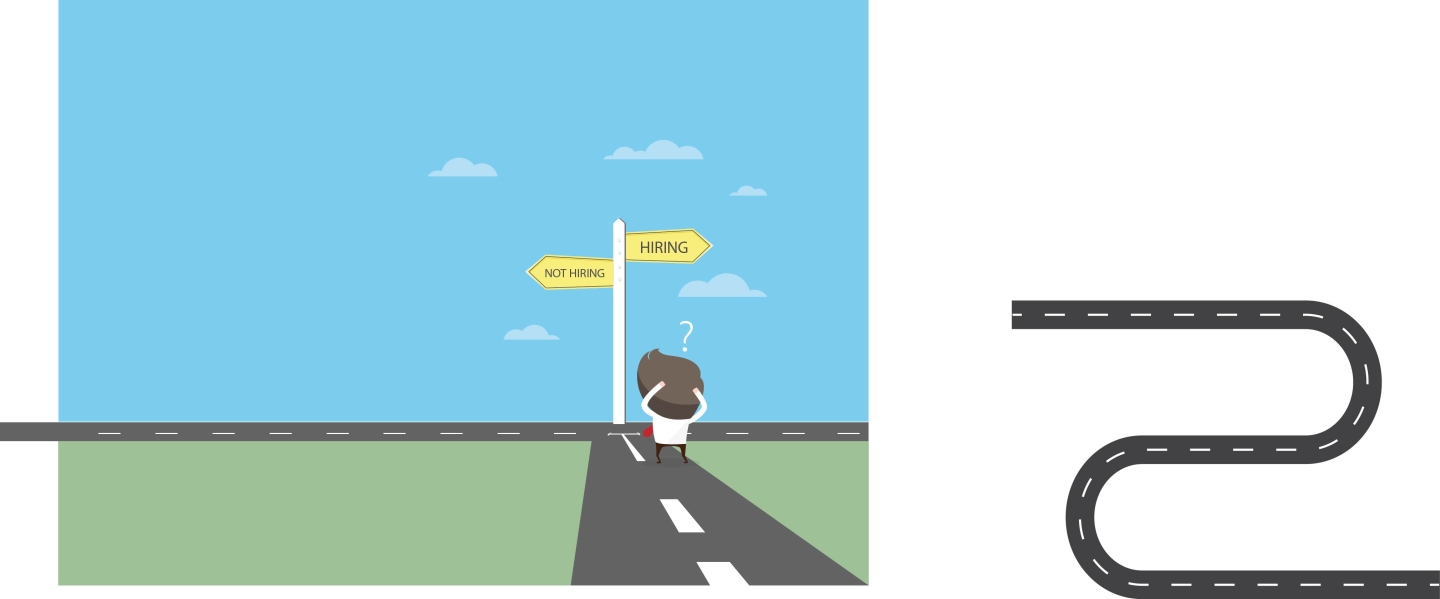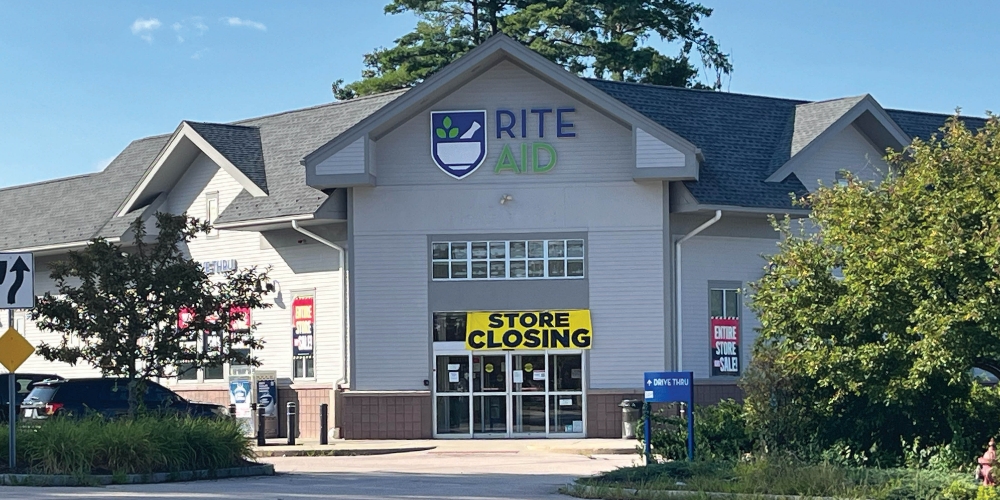
As pharmacy-chain closures continue nationally, some communities in the Granite State are finding ways to address this growing public health crisis. According to a National Institutes of Health report in March, NH topped the list of the five states with more than 25% of the population residing in pharmacy deserts, places where the travel time to the nearest pharmacy exceeds the average travel time to a supermarket in that region.
As of February 2024, 57.1 million people, or 17.7% of the U.S. population, lived in pharmacy deserts. Notably, this data came out before Rite Aid filed for bankruptcy earlier this year (for the second time) and announced that, just in NH, it would close or sell over 40 stores.
“This is not a new thing,” says Damian Canuto, pharmacy manager at North Country Pharmacy, Littleton Regional Healthcare’s retail pharmacy. “Over many years, first independent pharmacies closed, then the big chains merged and eliminated duplicates. It’s created what we call pharmacy deserts, where people can’t get their meds in a timely manner or have to travel far away for them.”
Experts say pharmacy deserts disproportionately affect vulnerable populations, including low-income communities, racial and ethnic minorities, and rural residents.
While NH has 10 counties, more than 75% of the population lives in the four counties in the southeastern part of the state and the rest of the population is spread out in the less populous, and more rural, areas.
Technology Helps Fill the Gap
Lincoln, in Grafton County, is one of those rural areas. In response to the closure of the Lincoln Rite Aid in August, LRH took a novel approach to ensure rural residents maintain access to vital medication by placing a prescription locker, like Amazon’s package pick-up stations, inside the Lincoln Urgent Care center.
“Lincoln is 30 miles from the nearest pharmacy in either direction,” says LRH President and CEO Robert Nutter. “When we heard the local Rite Aid was closing there, the community reached out to us and asked, ‘Is there anything the hospital can do?’ We knew we had to act.”
LRH originally installed a prescription locker at its pharmacy in Littleton in 2023 to extend prescription access after-hours. The new system in Lincoln allows patients to receive medications seven days a week, even when the pharmacy at the hospital in Littleton is closed, Nutter says. Patients receive a code by text that can
be used to open the locker and retrieve their prescription.
The idea for a prescription locker traces back to Gregory Cook, now CEO of Upper Connecticut Valley Hospital, who developed the concept while at LRH,
says Canuto.
Crucial to the program’s success was the support of State Senator David Rochefort, R-Littleton. A former pharmacist, Rochefort’s family owned an independent pharmacy in Lancaster for over 30 years before selling to Rite Aid in 2016. He later ran his own compounding pharmacy and has become a vocal advocate for reforming pharmacy access and Pharmacy Benefit Managers at the state level.
“State rules were written like instruction manuals, but technology has outpaced regulation,” Rochefort says. “When LRH came during the pandemic with the locker idea, the rules wouldn’t allow it as written. I pushed to revise regulations because I trusted the safety and the concept.”
“Lockers aren’t high tech—they’re practical,” Rochefort adds. “But to scale them, states need adaptive regulations and supportive reimbursement environments.”
Nutter says Rochefort has been very supportive of LRH’s concept. “He has been very helpful and open-minded to think about a different, more economical way of delivering these needed medications to the patients,” he says.
Contraction and Transformation
Rite Aid’s bankruptcy and exit from NH communities is part of a broader trend of contraction and transformation in the prescription drug industry.
In 2023, Walgreens CEO Tim Wentworth announced plans to close 1,200 stores over three years due to unprofitability. CVS has also shuttered hundreds of locations nationwide.
The prescription drug landscape looked very different in earlier decades. During the 1980s and 1990s, chain, supermarket, mass merchant, and mail-order pharmacies rapidly expanded across the U.S. By 2000, the number of chain drugstores had ballooned to 18,742, offering expanded hours, a range of products, and drive-through service, according to the National Institutes of Health. Over the same period, the number of independent pharmacies dropped dramatically—from over 40,000 in 1980 to just 20,896
in 2000.
The decline has continued. Between 2010 and 2021, roughly one in three U.S. retail pharmacies closed, with most states seeing an overall reduction in pharmacy access, according to a 2023 study by researchers at the University of Southern California and the University of California Berkeley. The study also found significant racial disparities: pharmacy closure rates were higher in predominantly Black and Latino neighborhoods—37.5% and 35.6%, respectively—compared to 27.7% in predominantly white communities.
As brick-and-mortar pharmacies have disappeared, the online prescription drug market has grown rapidly. In 2023, 52% of Americans aged 18 and older reported using an online pharmacy for themselves or someone in their care, according to the ASOP Global Foundation, a nonprofit that monitors illegal online drug sales. That marks a 10-point increase from 2021 and a 17-point increase from 2020, with much of the growth attributed to the COVID-19 pandemic.
The market growth is dramatic. According to the National Institutes of Health, the global online pharmacy market was valued at $68 billion in 2021 and is projected to reach $206 billion by 2028—an annual growth rate of 16.8%. In the U.S., the online pharmacy market is expected to hit $146 billion by 2026, growing at a rate of approximately 19% per year.
Pharmacy Benefit Managers
Rite Aid’s downfall was long in the making, according to Canuto. After merging with Brooks and struggling through bankruptcy, the chain slowly collapsed. “They had over a thousand stores, but financial pressures, especially from [Pharmacy Benefit Managers], made it impossible to stay viable,” says Canuto.
Pharmacy Benefit Managers are third parties that act as intermediaries between insurers and pharmacies, setting reimbursement rates and imposing restrictions. They have been criticized for keeping a percentage of manufacturer rebates and for “spread pricing,” says Rochefort, in which they charge insurance companies more than they reimburse pharmacies for a drug and keep the difference.
“Sometimes we lose money filling a prescription,” Canuto says. “But we can’t refuse to fill them. It’s a huge issue in
the industry.”
Rochefort points to Pharmacy Benefit Managers as a structural issue contributing to pharmacy deserts. “[Pharmacy Benefit Managers] are powerful middlemen that earn through rebates and kickbacks, often pushing prescriptions toward vertically integrated chains like CVS. That puts independent and rural pharmacies at a severe disadvantage,” he says. Vertical integration involves a company controlling multiple parts of the pharmaceutical supply chain, such as health insurance, pharmacy benefit managers, and retail pharmacy operations. These pressures have made opening new pharmacies in rural areas financially unattractive. “I’d be surprised if any pharmacy took over the Lincoln location,” Canuto notes. “There’s just no margin.”
Rochefort continues to champion legislative proposals modeled on laws enacted in other states, like Arkansas, that prohibit vertical integration and require companies to choose whether they operate as Pharmacy Benefit Managers or pharmacies but not both. Though reforms have met resistance in NH, Rochefort says mounting pharmacy deserts are shifting the political terrain.
“We don’t change easily in New Hampshire,” he says. “But the pressure is building. We see closures everywhere. So now rules like central fill, automated processing, and expanded roles
for certified pharmacy technicians are being reexamined.”
New Models of Filling and Process Prescriptions
Rochefort points to new models aimed at easing pressure on busy pharmacies, such as remote processing and centralized, automated systems. In remote processing, a pharmacy in Littleton can electronically send prescriptions to a more resourced or slower location like Hooksett to review and verify information, such as allergies and proper use of a drug, freeing up staff time. “The label is then printed in Littleton after electronic verification in Hooksett,” Rochefort explains.
Rochefort also highlights the rise of central fill models, where prescriptions are filled off-site using automated systems. One facility in Texas, he notes, fills 68,000 prescriptions a day with near-zero error rates. “I recently picked up my medication in Littleton,” Rochefort says, “but it had actually been filled in Massachusetts and delivered.”
No One Left Behind
While the prescription locker is an important step, Littleton Regional Healthcare is also pursuing additional strategies to ensure no one is left behind. The pharmacy offers a mail-order service, a pill-pack program for seniors and patients on multiple medications and has recently expanded Saturday hours. “It’s about removing as many barriers as possible,” says Canuto. “We even pre-pack medications by time of day so patients don’t have to think about it.”
Other healthcare providers are also stepping up. Weeks Medical Center in Lancaster opened its own pharmacy to handle increased volume, and Dartmouth Health has similar “prescription locker” access points for patients, says Canuto.
“Many people can’t drive 30 miles,” says Nutter. “Their license may have been taken away, or they just don’t have the resources. We feel an obligation to do what we can to help.”
For Littleton Regional Healthcare, pharmacy access is about more than convenience, it’s also about care. “Taking medication as prescribed is a critical component of managing chronic conditions and treating illnesses,” Nutter says.
So far, the response from Lincoln residents has been overwhelmingly positive. “Some seniors were starting to panic,” Nutter says. “Now, they’re relieved. We can’t fix the whole state, but we can take care of our community.”

